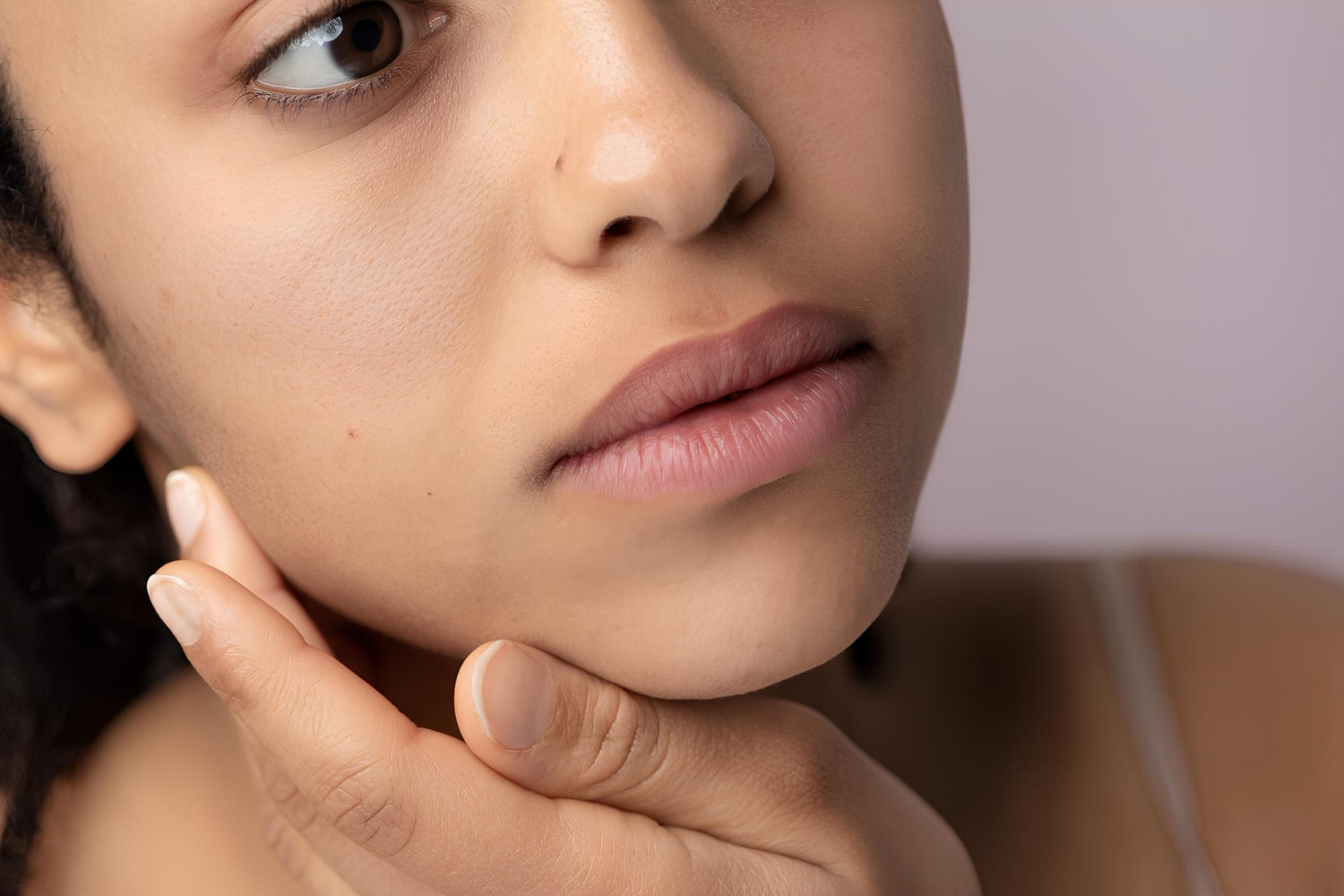
Melanin is a natural pigment found in most organisms, responsible for the color of skin, hair, and eyes. But did you know it does more than just give us our unique looks? Melanin plays a crucial role in protecting our skin from harmful UV rays, reducing the risk of skin cancer. It also influences our body's ability to produce vitamin D. This fascinating pigment comes in different types, including eumelanin, pheomelanin, and neuromelanin, each with its own unique properties. From its role in evolution to its impact on health, melanin is a key player in our biology. Ready to learn more? Let's dive into 28 amazing facts about melanin!
Key Takeaways:
- Melanin is like a natural sunscreen for our bodies, protecting us from the sun's harmful rays. It's also linked to our evolution and even helps some animals blend into their surroundings!
- Melanin isn't just about skin color; it plays a role in our health and has some cool quirks, like being in squid ink and influencing bird feathers. Scientists are still discovering its amazing properties!
What is Melanin?
Melanin is a natural pigment found in most organisms. It plays a crucial role in determining the color of skin, hair, and eyes. Let's dive into some fascinating facts about melanin.
- Melanin is produced by cells called melanocytes located in the skin's epidermis.
- There are three types of melanin: eumelanin, pheomelanin, and neuromelanin.
- Eumelanin is responsible for brown and black colors in hair, skin, and eyes.
- Pheomelanin gives a reddish-yellow hue, commonly seen in red hair and freckles.
- Neuromelanin is found in the brain and helps protect neurons.
Melanin and Sun Protection
Melanin serves as a natural defense mechanism against the harmful effects of UV radiation from the sun. Here are some key points about its protective role.
- Melanin absorbs UV radiation, reducing the risk of DNA damage.
- Higher melanin levels can lower the risk of skin cancer.
- People with darker skin have more melanin, offering better natural sun protection.
- Melanin can dissipate over 99.9% of absorbed UV radiation as heat.
- Despite its protective role, melanin cannot completely prevent sunburn or skin damage.
Melanin and Evolution
Melanin has played a significant role in human evolution, particularly in relation to geographic location and climate.
- Early humans in Africa developed higher melanin levels to protect against intense UV radiation.
- As humans migrated to areas with less sunlight, lower melanin levels became advantageous for vitamin D synthesis.
- The variation in skin color among different populations is a result of evolutionary adaptation to varying UV exposure.
- Melanin also provides camouflage and protection for animals in their natural habitats.
- Some animals can change their melanin levels to adapt to their environment, like chameleons.
Melanin and Health
Melanin impacts various aspects of health beyond just skin color. Here are some interesting health-related facts.
- Melanin can influence the effectiveness of certain medications.
- People with albinism have little to no melanin, leading to increased sensitivity to sunlight and vision problems.
- Melanin levels can affect the risk of developing certain eye conditions, such as macular degeneration.
- Melanin has antioxidant properties, helping to neutralize harmful free radicals.
- Some studies suggest that melanin may play a role in protecting against neurodegenerative diseases.
Fun Facts About Melanin
Melanin isn't just about protection and health; it also has some fun and quirky aspects.
- Melanin is present in the ink of cephalopods like squids and octopuses.
- The color of bird feathers can be influenced by melanin, contributing to their vibrant plumage.
- Melanin is responsible for the dark coloration of certain fungi and bacteria.
- Some people can develop melanin-rich spots on their skin called moles or beauty marks.
- Freckles are small, concentrated spots of melanin that often become more pronounced with sun exposure.
Melanin in Modern Science
Melanin continues to be a subject of scientific research, with new discoveries and applications emerging.
- Scientists are exploring the use of melanin in bioelectronics and medical devices.
- Melanin-based materials are being studied for their potential in creating sustainable energy solutions.
- Research is ongoing to understand the full range of melanin's protective and functional properties in the human body.
The Power of Melanin
Melanin's role in our lives goes beyond just skin color. It protects us from UV radiation, helps regulate body temperature, and even influences our mood. Understanding melanin can lead to better health practices and appreciation for our body's natural defenses.
From its impact on vision to its presence in the brain, melanin is a fascinating pigment with many functions. It's not just about aesthetics; it's about survival and adaptation. Knowing these facts can inspire us to take better care of our skin and overall health.
So next time you think about melanin, remember it's more than just a pigment. It's a powerful component of our biology that deserves recognition and care. Stay curious and keep learning about the amazing ways our bodies work.
Frequently Asked Questions
Was this page helpful?
Our commitment to delivering trustworthy and engaging content is at the heart of what we do. Each fact on our site is contributed by real users like you, bringing a wealth of diverse insights and information. To ensure the highest standards of accuracy and reliability, our dedicated editors meticulously review each submission. This process guarantees that the facts we share are not only fascinating but also credible. Trust in our commitment to quality and authenticity as you explore and learn with us.
